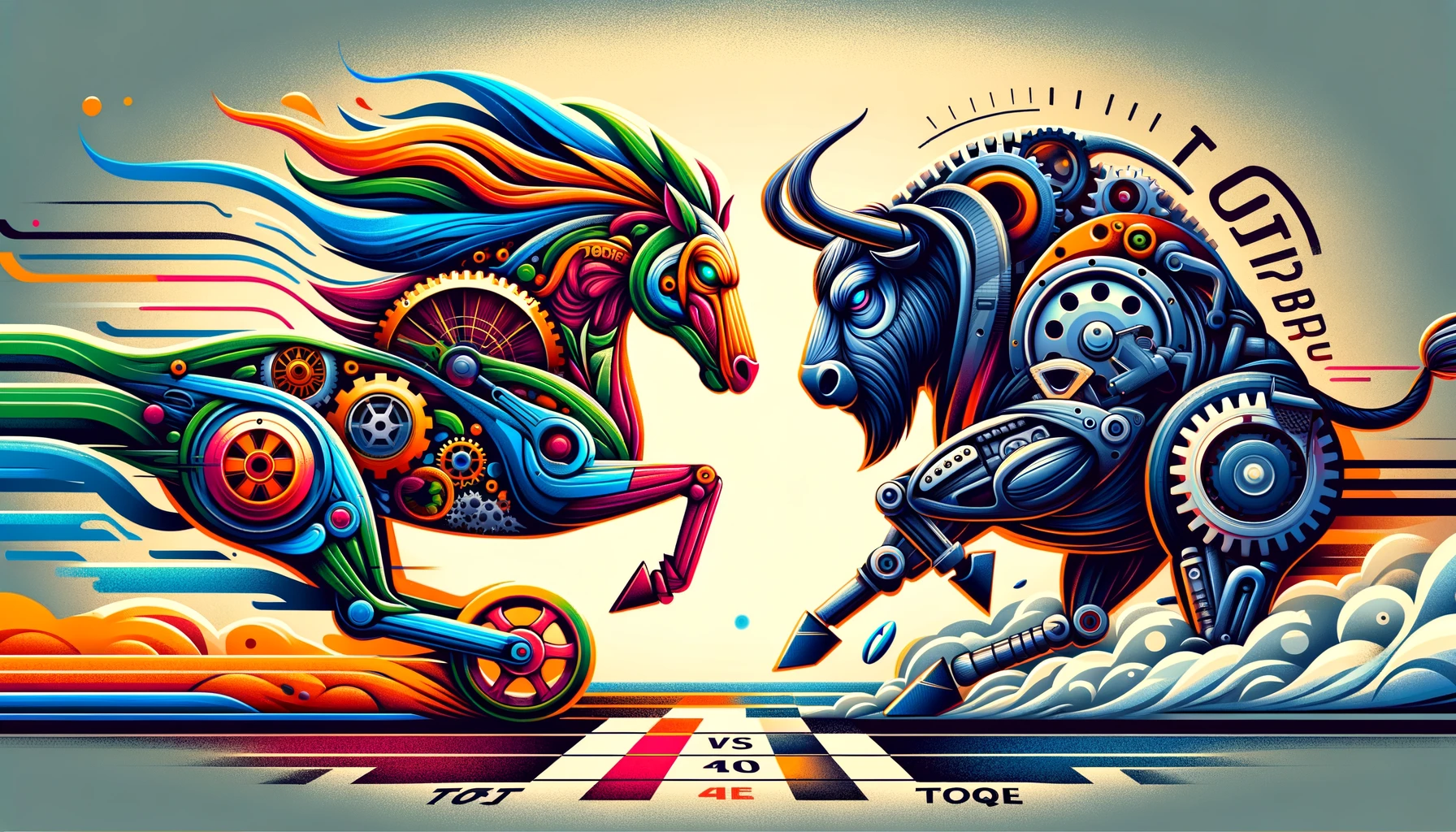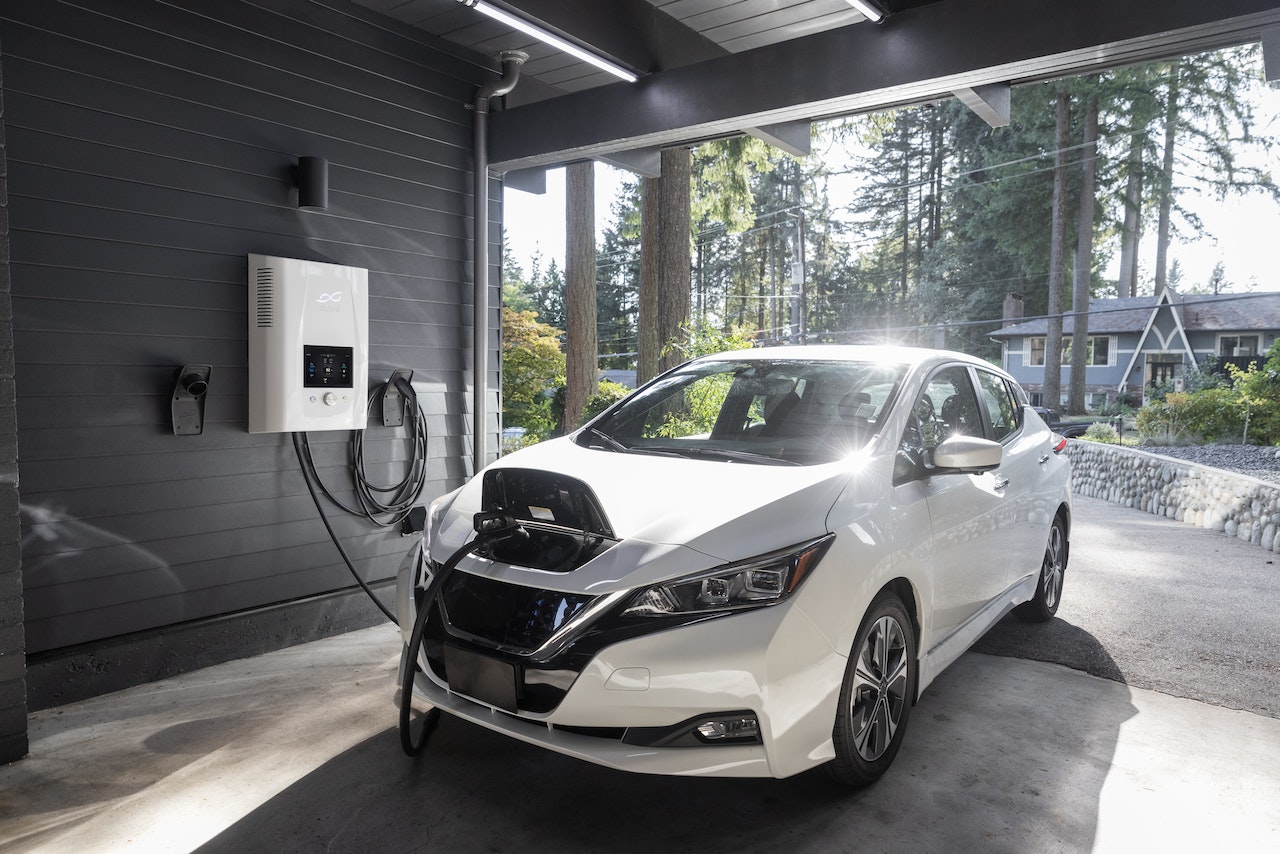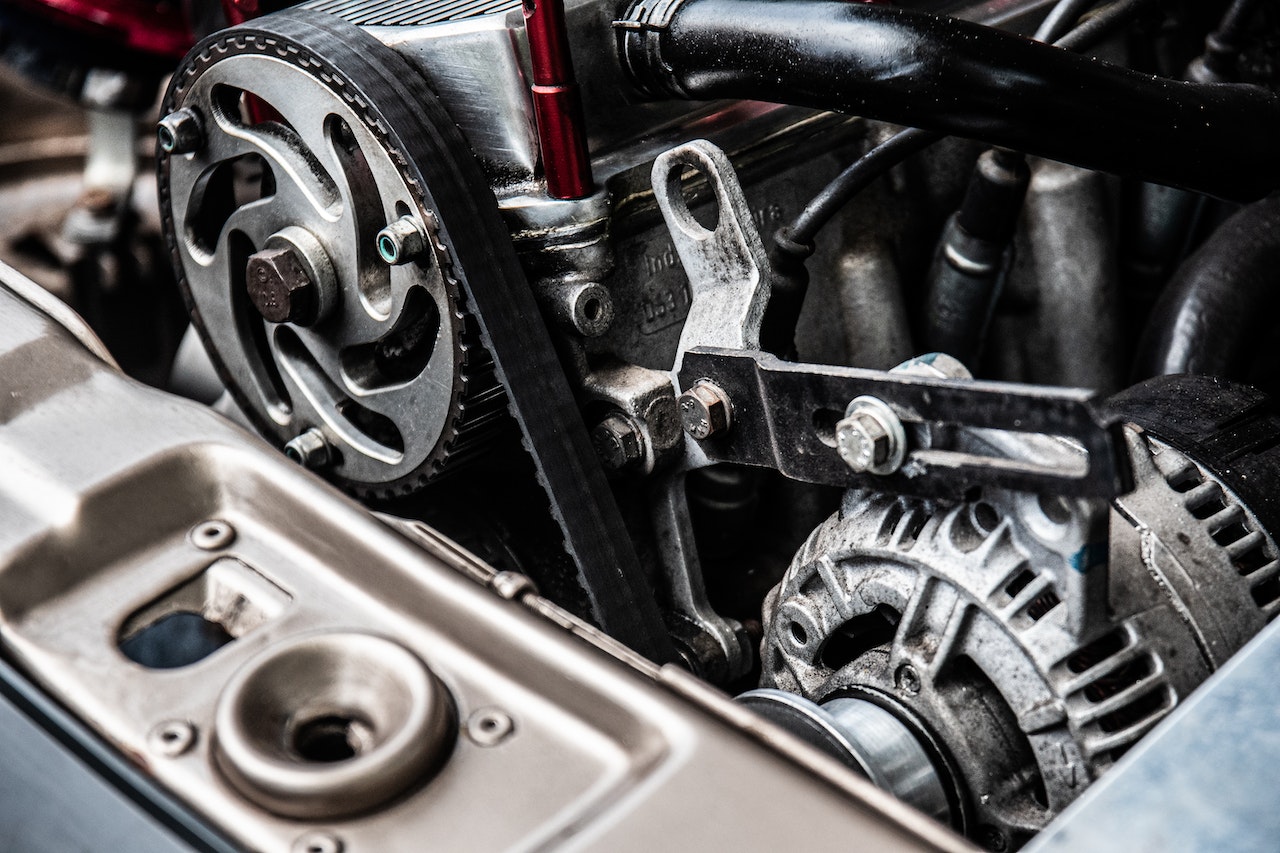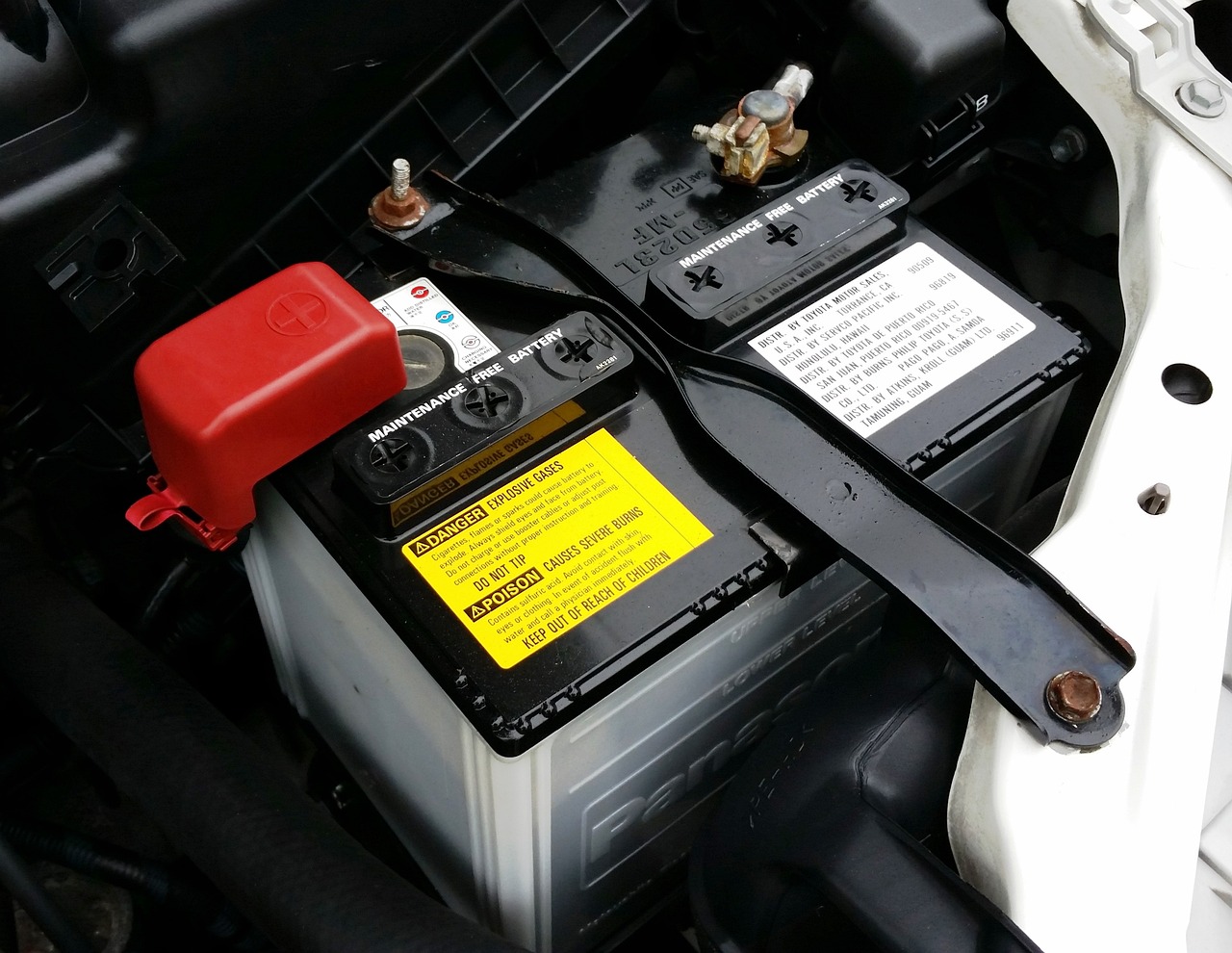Welcome, my friend, to the whimsical world of automotive jargon, where “horsepower” and “torque” reign supreme as the mystical creatures of the car kingdom. But before you start envisioning a horse in spandex bench pressing at the gym (although, what a sight!), let’s break down these terms in a way that’s less about physics and more about your last disastrous date – confusing but somehow enlightening.
Horsepower: The Show-Off at the Party
First up, horsepower. Ah, the life of the party! If cars had a dating profile, horsepower would be that guy boasting about his marathon runs, mountain climbing adventures, and how he once wrestled a bear. In car terms, horsepower is the measure of how fast a car can go before it starts begging for mercy. It’s like that friend who promises to help you move, but only if you don’t have stairs. Horsepower tells you how quickly a car can reach its top speed while blasting your favorite tunes, all without breaking a sweat.
Now, horsepower was a term coined by James Watt, who probably had too much time on his hands, trying to impress people with steam engines. He equated one horsepower to the power of a horse (surprise!) pulling a certain amount of weight. But let’s be honest, have you ever seen a horse drag a car? No, because they’re too busy being horses.
Torque: The Unsung Hero
Then there’s torque, the unsung hero of the automotive world. If horsepower is the loud guy at the party, torque is the one actually keeping the party going. Torque is all about pulling power – it’s the grunt, the brawn. It’s what you feel pushing you back into your seat when you step on the gas, making you feel like a superhero, even if you’re just driving to get groceries.
In simple terms, torque is the force that helps your car accelerate from a standstill. It’s like that friend who’s always there to help you move the heavy sofa, even if it means navigating through a labyrinth of narrow doorways. Torque is measured in Newton-meters or pound-feet, and honestly, it sounds like something out of a physics lecture, but it’s crucial for getting your car moving.
The Dynamic Duo
Now, imagine horsepower and torque as a dynamic duo. Horsepower is the speed, the flashy show-off that gets all the attention. Torque is the strength, the dependable one that actually gets things done. You need both to make your car a star. A car with high horsepower and low torque will be like a sprinter who’s all about speed but can’t start quickly. Conversely, high torque and low horsepower is like a strongman who can lift heavy weights but can’t run fast.
So, when you’re looking at cars, remember this odd couple. Horsepower will tell you how fast you can brag about going, while torque lets you know how quickly you can escape from awkward situations, like running into your ex at a traffic light.
Torque vs. Horsepower: The Epic Drag Race
Now, let’s put these two in an epic drag race scenario. Imagine you’re at a stoplight, revving the engine, ready to zoom off (on a closed track, of course, because safety first!). If your car has more torque, you’ll shoot off the line like a cannonball, leaving everyone else in your dust. That’s torque showing off its muscle, giving you that instant burst of power. But then, as the race goes on, horsepower struts onto the track. It’s what keeps your car speeding ahead, maintaining that momentum and ensuring you don’t just start strong but finish strong too.
In the world of cars, torque and horsepower are like the tortoise and the hare. Torque gets you going, slow and steady, but horsepower keeps you racing ahead, not resting on your laurels. And in this race, you want both the tortoise and the hare on your team.
Horsepower and Torque in Everyday Life
Let’s be real, most of us aren’t drag racing on the regular (or at least, we shouldn’t be). So, how do these terms translate into everyday life? Well, if you’re hauling a trailer or carrying a heavy load, torque is your best friend. It’s the muscle that helps you move heavy stuff without your car wheezing like it just ran a marathon. Horsepower, on the other hand, is for those moments when you’re on the highway, cruising along, and need that extra oomph to overtake a slow-moving truck. It’s the wind beneath your car’s wings, helping you glide effortlessly on the road.
Horsepower and Torque in Electric Vehicles: The Future of Driving
As we venture into the electrifying world of electric vehicles (EVs), the terms “horsepower” and “torque” take on a whole new level of excitement.
One of the most thrilling aspects of EVs is the concept of instant torque. Unlike their gasoline-powered cousins, electric vehicles deliver maximum torque right from the word go. This means you can experience that push-you-back-in-your-seat sensation from the moment you step on the accelerator – no waiting required. It’s like having a superhero’s strength at your fingertips, ready to launch you forward at the slightest provocation.
Horsepower in electric vehicles is a bit of a silent assassin. EVs can be deceptively quick, moving with a stealth that belies their power. With no engine roar to announce their speed, the horsepower in an EV is all about smooth, swift acceleration. It’s the kind of power that sneaks up on you, offering a serene yet speedy ride.
In the realm of EVs, horsepower and torque are not just about speed and strength; they’re also key players in the vehicle’s efficiency. Electric motors are known for their efficiency, and the way they manage horsepower and torque plays a big part in this. With fewer moving parts than a traditional engine, EVs convert energy into motion more effectively, making every kilowatt count. With their ability to deliver torque instantly and maintain consistent horsepower without the need for gears, they offer a driving experience that’s as exhilarating as it is efficient.
The Misconceptions
Next, there are some common misconceptions about torque and horsepower that we need to clear up. First off, more horsepower doesn’t always mean a faster car. It’s like having a really fast runner who’s terrible at starting races. Without enough torque, all that horsepower might as well be for show. Similarly, a ton of torque with minimal horsepower is like a strongman who can lift a car but can’t run around the block. You need a balance of both for a truly powerful car.
The Perfect Balance
Finding the perfect balance between horsepower and torque is like crafting the perfect playlist – you need the right mix of upbeat songs and mellow tunes. Cars with a good balance of horsepower and torque are the ones that can handle both city driving and highway cruising, giving you the power when you need it and the strength when it matters.
Wrapping It Up
Understanding the difference between horsepower and torque is like finally understanding why your toaster has so many settings – it’s all about having options and knowing what each one does. Horsepower for speed, torque for strength. Next time you’re car shopping, impress the salesperson with your newfound knowledge. And remember, in the world of cars, it’s not just about how fast you go, but how well you get there.
FAQ about Horsepower and Torque
Horsepower is like the car’s ability to show off at a high school reunion. It’s a measure of how fast a car can go, or how quickly it can turn energy into a dazzling sprint. Think of it as the car’s ability to say, “Look how fast I can go!” while sprinting down the highway.
Torque is the muscle behind the hustle. It’s the force that helps your car get moving from a standstill and keeps it powerful during slow, heavy lifting. Imagine it as the car’s ability to flex its muscles while pulling a heavy trailer uphill.
Absolutely! That’s like having a sprinter who’s all about speed but struggles to get off the blocks. High horsepower and low torque mean your car can eventually go fast, but it might take its sweet time getting there.
It’s like asking whether you’d prefer chocolate or vanilla in your ice cream – both have their charms. Torque is great for towing and powerful starts, while horsepower is your buddy for sustained speed and highway cruising. The best car? One that balances both like a well-made sundae.
They’re like the ingredients in a recipe – more of one can change the whole dish. High horsepower can sometimes mean more fuel consumption, especially at higher speeds. More torque can mean better efficiency at lower speeds but might also guzzle more gas under heavy loads. It’s all about finding the sweet spot.
Absolutely, and they’re like the magicians of the car world. Electric cars can deliver maximum torque instantly (like a rabbit popping out of a hat), giving them rapid acceleration. Horsepower in electric cars is still about top speed, but they get there in a much smoother, quieter way.
Think of it as a superhero team-up. Look for a car that balances its horsepower (speed hero) and torque (strength hero) to suit your driving needs, whether it’s city commuting or highway cruising. The best car for you is the one whose powers complement your lifestyle.
Horsepower became popular because it was a flashy way to measure engine performance back in the steam engine days. It’s stuck around because, let’s face it, saying “300 horsepower” sounds way cooler than “225 kilowatts.”



